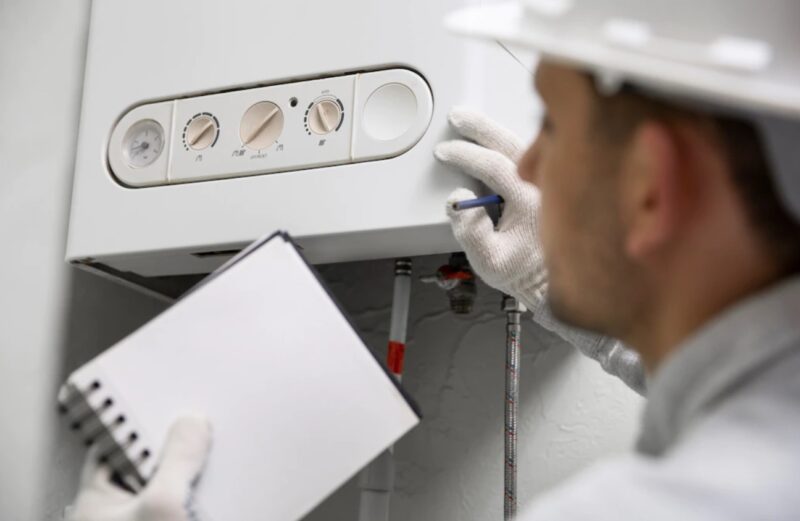Frequent water heater problems are inconvenient, affect your daily routine, and are costly if not attended to promptly. Most of the time, they happen when least expected and when you can least afford it.
The good news is that most issues are preventable with proper maintenance, but some require professional attention. Here are four common water heater problems and how you can troubleshoot them:
1. Not Enough Hot Water
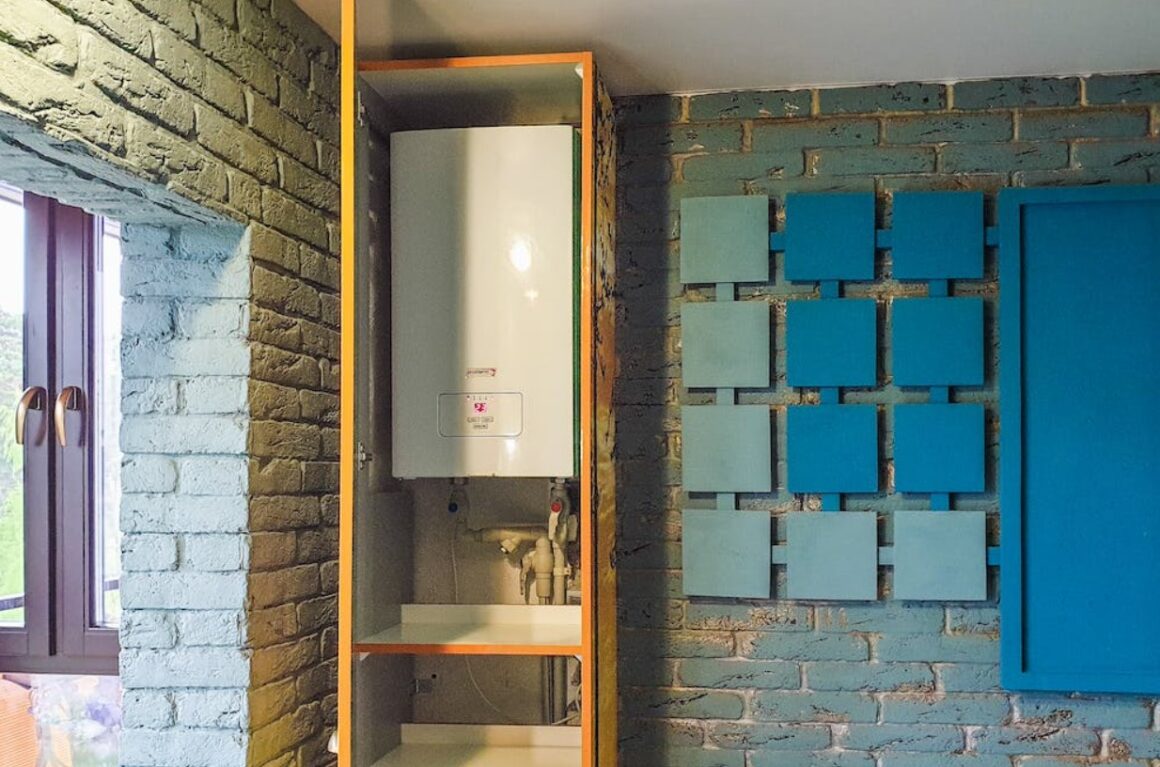
Less hot water means the system can’t keep up with demand. It could be due to a faulty heating element, incorrect temperature settings, or sediment buildup in the tank. A water heater repair checklist lets you troubleshoot and fix the problem quickly. For instance, if the problem is sediment, you can flush it yourself. Call a professional if it’s a faulty heating element.
Take time to understand the unit to discover problems easily. You’ll detect strange noises from the unit, which is an early sign of trouble. Also, notice if the water temperature fluctuates or if you get varying amounts of hot water each time you turn on the shower.
2. Leaking Water Heater
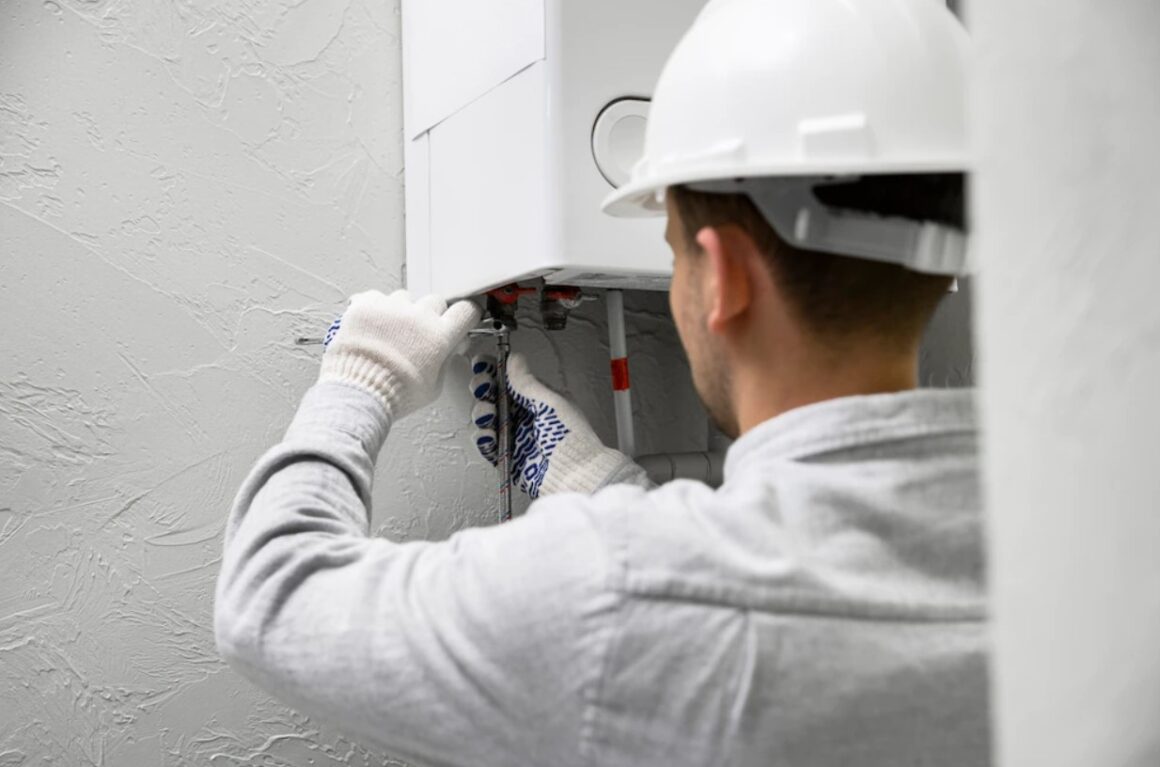
A serious problem with your water heater is a leak. It could be a sign of corrosion, which compromises the unit’s structural integrity. If unchecked, it could lead to a complete breakdown.
Leaks waste water and increase your utility bills. How do you detect leaks? Look for drips around the unit, puddles, or any signs of moisture on the ceiling. If there’s a leak, don’t ignore it. Turn off the power supply and water to the unit to prevent further damage. Then, call a professional to fix it.
3. Water Heater Makes Strange Noises
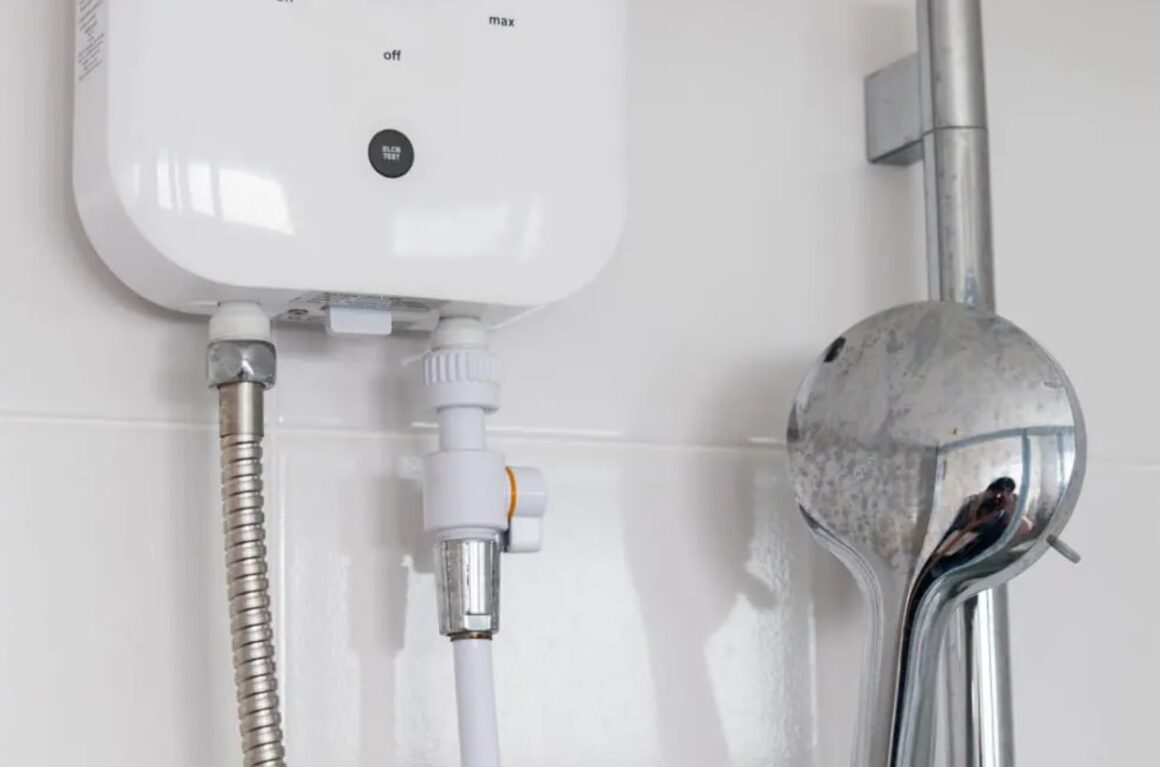
Rumbling, gurgling, and banging noises from your water heater are signs of sediment buildup. Over time, the minerals in hard water settle at the bottom of the tank and form a layer of sediment.
The noises occur when the hot water heats the sediment, causing it to expand and contract. The banging is due to the sediment hitting the sides of the tank.
If you hear strange noises, don’t panic. They’re harmless but indicate that it’s time to flush the tank. Turn off the power and water supply, then open the drain valve at the bottom of the unit. Let all the water drain out, then close the valve. Fill the tank with freshwater, then turn on the power and water. The noises should stop.
4. Water Takes Too Long to Heat Up
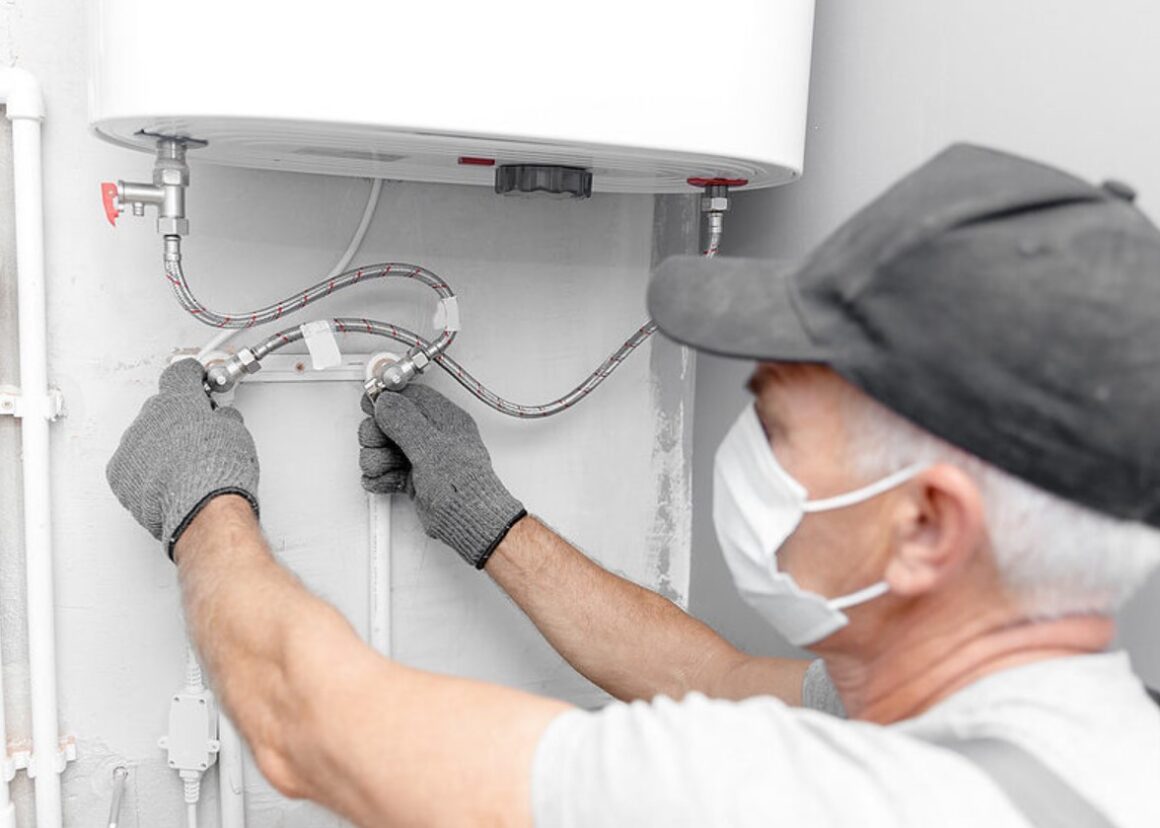
If it takes too long for the water to heat up, the problem could be with the heating element or thermostat. The first thing to check is the breaker box to see if the circuit breaker has tripped. If it has, reset and check whether the problem persists. If the breaker trips again, there could be a problem with the wiring. Don’t attempt to fix it yourself; call a professional.
Another possibility is that the heating element is faulty. To check, remove the access panel and use a multimeter to test the element for continuity. If there’s no continuity, replace the element.
It All Starts On Proper Maintenance
Water heaters are an essential part of many homes and businesses. They provide hot water for showers, baths, dishes, and laundry. Most units last for many years, but they will eventually break down. The good news is that most problems are preventable with proper maintenance. Always be on the lookout for common water heater problems to take action quickly if something goes wrong.
